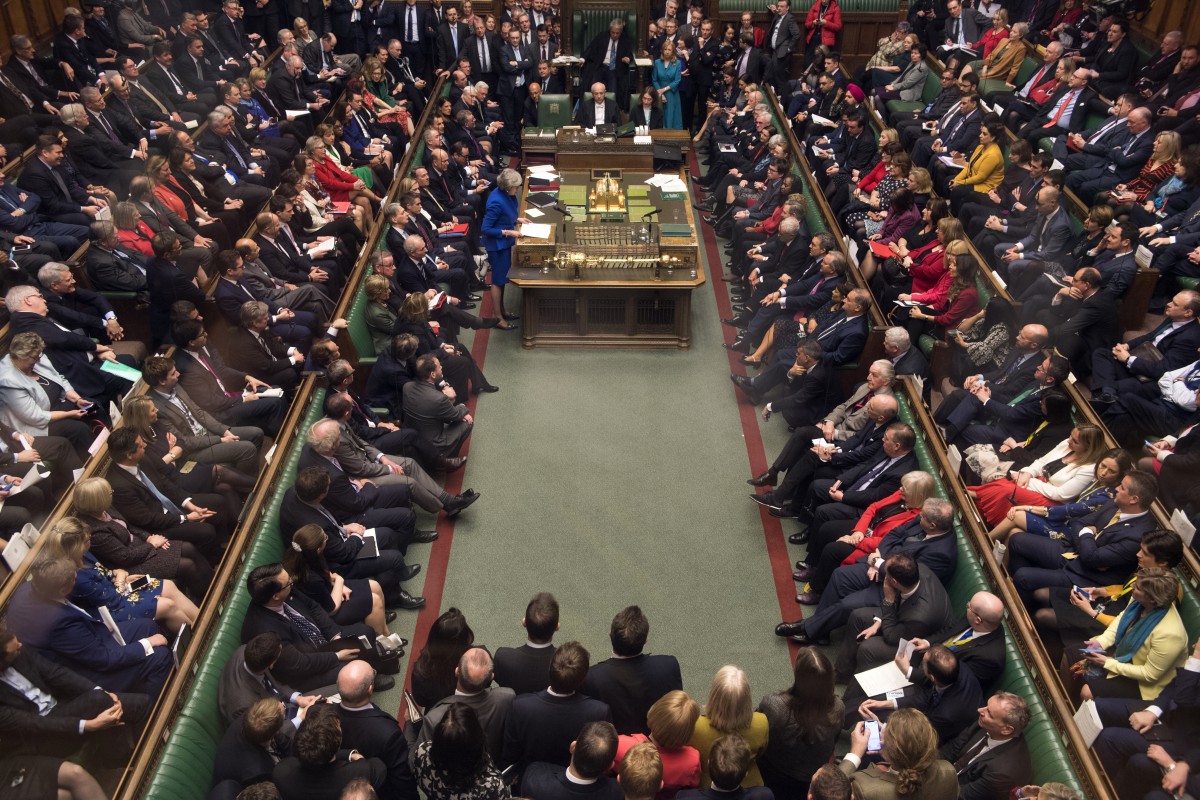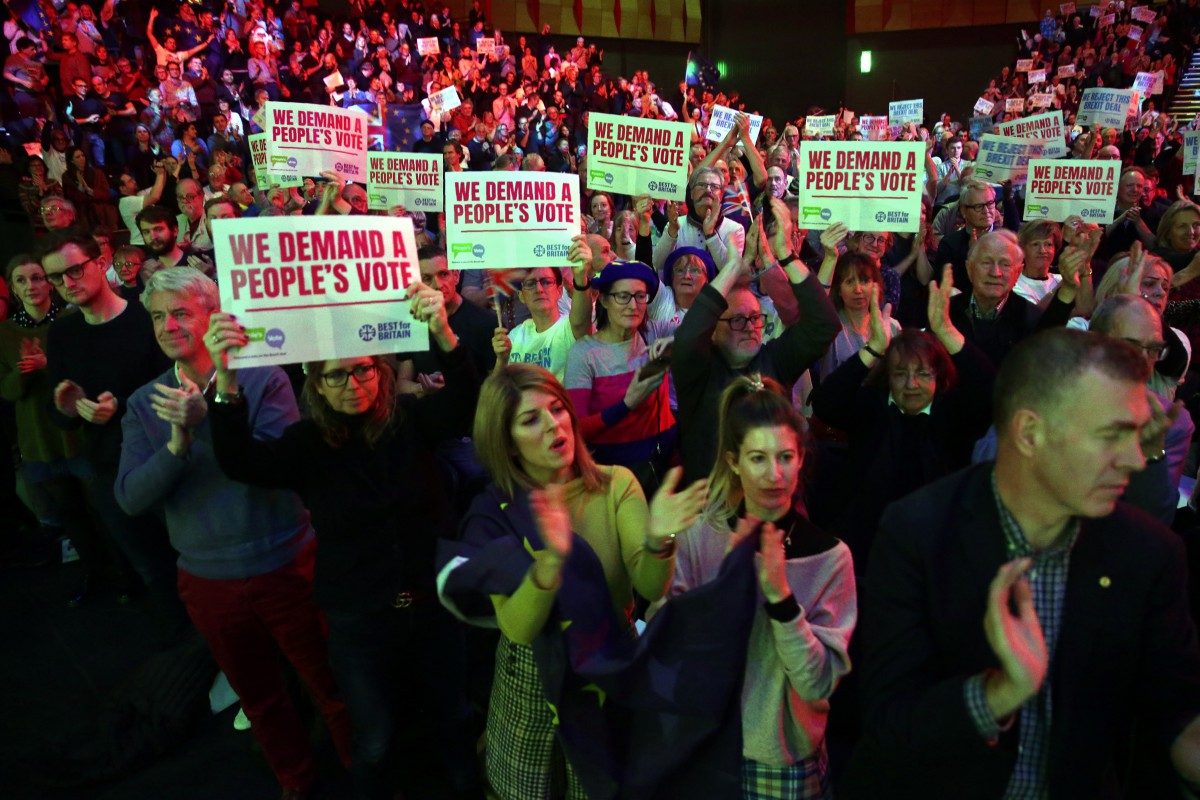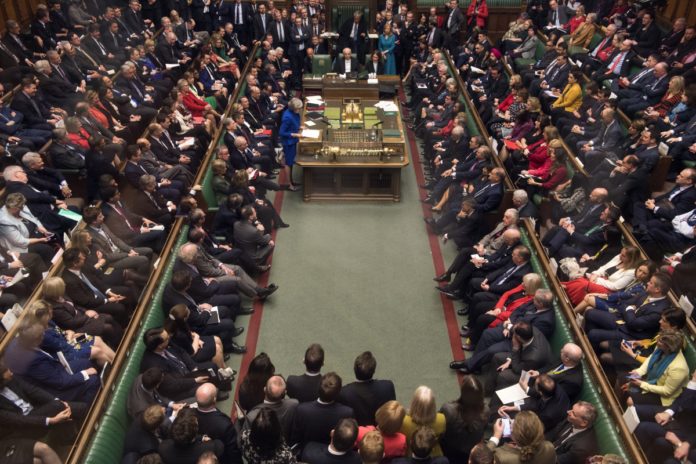AS Britain continues to tear itself apart at the seams all in the name of leaving the European Union (EU), the business world is looking on with keen interest as the implications of a no-deal Brexit promise to reach far beyond the borders of the United Kingdom.
After Prime Minister Theresa May’s crushing defeat of her deal in parliament on Tuesday, a no-deal Brexit – in which the UK will leave the European Union without a trade agreement – is looking increasingly likely.
In a global economy already cowed by the US-China trade war and China’s slowdown, the uncertainty of Brexit is spooking markets and Asian companies are developing contingency plans if the worst-case scenario is realised.
SEE ALSO: UK sets sail for Asia as Brexit storm rages on
The implications for Asia will likely be significant. Not only will the UK have to strike a trade deal with individual governments, but Asian companies with operations in the UK will need to rethink investment strategy as they are faced with diminishing UK relevance and the possibility of tariffs.
Without a bilateral trade deal with the EU, Britain would be subject to World Trade Organisation (WTO) rules. UK exports would face the same customs checks and tariffs as other countries outside of the EU, putting an end to the frictionless zero-tariff trade arrangement. This will likely increase the price of some goods, lead to shortages, and cause significant delays on both sides of the English Channel.

Britain’s Prime Minister Theresa May (centre left) as she speaks in the House of Commons in London on January 16, 2019, during a debate on a motion of no confidence in her government. Source: Mark Duffy/UK Parliament/AFP
Asian multinationals with operations in the UK are starting to weigh up their options. Nissan, which runs its largest European plant in the UK, is urging May’s government to come to an agreement before the March 29 deadline.
“We urge UK and EU negotiators to work collaboratively toward an orderly balanced Brexit that will continue to encourage mutually beneficial trade,” a spokesperson for the Japanese company told Nikkei Asian Review.
Even those with production lines based outside the UK, but still in the EU, will take a hit. Lee Bo-sung, vice president at South Korea’s Hyundai Motor Group, told the Review that Brexit is “definitely a negative factor to us.”
SEE ALSO: Australia’s Brexit strategy needs less Britpopulism, more Eurovision
With production lines in Slovakia and the Czech Republic, the automaker will likely face tariffs when trading with the UK going forward. The new tariffs will, however, make them more competitive globally than their counterparts operating in the UK who will be subjected to the new measures.
Those working across Europe are currently taking advantage of the single market, which ensures no regulatory obstacles to the free movement of goods. When the UK leaves this, as is looking likely, companies could experience hold ups in their supply chain.
As a spokesperson for Honda Motor explains: “New checks at the border could disrupt our just-in-time logistics systems, while the imposition of tariffs on the movement of goods between the EU and UK would have an impact on our competitiveness.”
Honda claim the Brexit process poses “serious challenges” for their European business. In an interview on Radio 5 Live back in September, Ian Howells, the European boss of Honda, explained just how much extra work and money would be expended if the UK reverts to WTO rules.

Pro-Europe audience members hold up placards and applaud speakers at a rally for Best for Britain and People’s Vote campaign in London on December 9, 2018, on the eve of the week in which Parliament votes on the Brexit deal.
Source: Daniel Leal-Olivas/AFP
“From an administrative point of view, we’d probably be looking at 60,000-odd additional bits of documentation we’d have to provide to get product to and from Europe,” he told the BBC station.
“If we end up with WTO tariffs, we’d have something like 10 percent of costs in addition on products shipped back into Europe and that would certainly run into tens of millions. And likewise, when we’re looking at components coming the other way, again tens of millions in tariffs potentially coming into the UK.”
Given the increased costs, it will make sense for some companies to move their headquarters out of the UK and into a continental capital, such as Paris or Berlin. This allows them to keep access to the single market, avoid paying tariffs imposed on UK-based companies, and ensure the continued smooth running of supply chains and logistics. This could cost the UK economy significantly.
In September, Jaguar Land Rover boss Ralf Speth warned May that the company’s factories faced grinding to a halt and “tens of thousands” of jobs in the sector could be lost if she failed to reach an agreement with Brussels.
SEE ALSO: Jeremy Hunt’s so-called ‘open society’ just indicted an activist for Skyping
The threat is already becoming reality, as the company announced last week that it would cut 4,500 jobs, largely in the UK. The move represents a reduction of more than 10 percent to its roughly 40,000 employees in the country.
In a bid to soften the blow, British members of parliament have spent the last year travelling the world, putting out feelers for international trade deals they can make with like-minded countries. Earlier this month, UK Foreign Secretary Jeremy Hunt was in Singapore.
The UK’s Secretary of State for International Trade, Liam Fox, has visited the US, South Korea and Japan, over the last two years, talking of bilateral free-trade deals and the possibility of signing up to the Trans-Pacific Partnership.
To avoid the UK crashing out of Europe with a no-deal Brexit, May now faces the momentous task of getting consensus in parliament to pass an agreement that satisfies all parties. But with the opposition refusing to even come to the negotiating table, and time quickly running out, the odds don’t look good.





